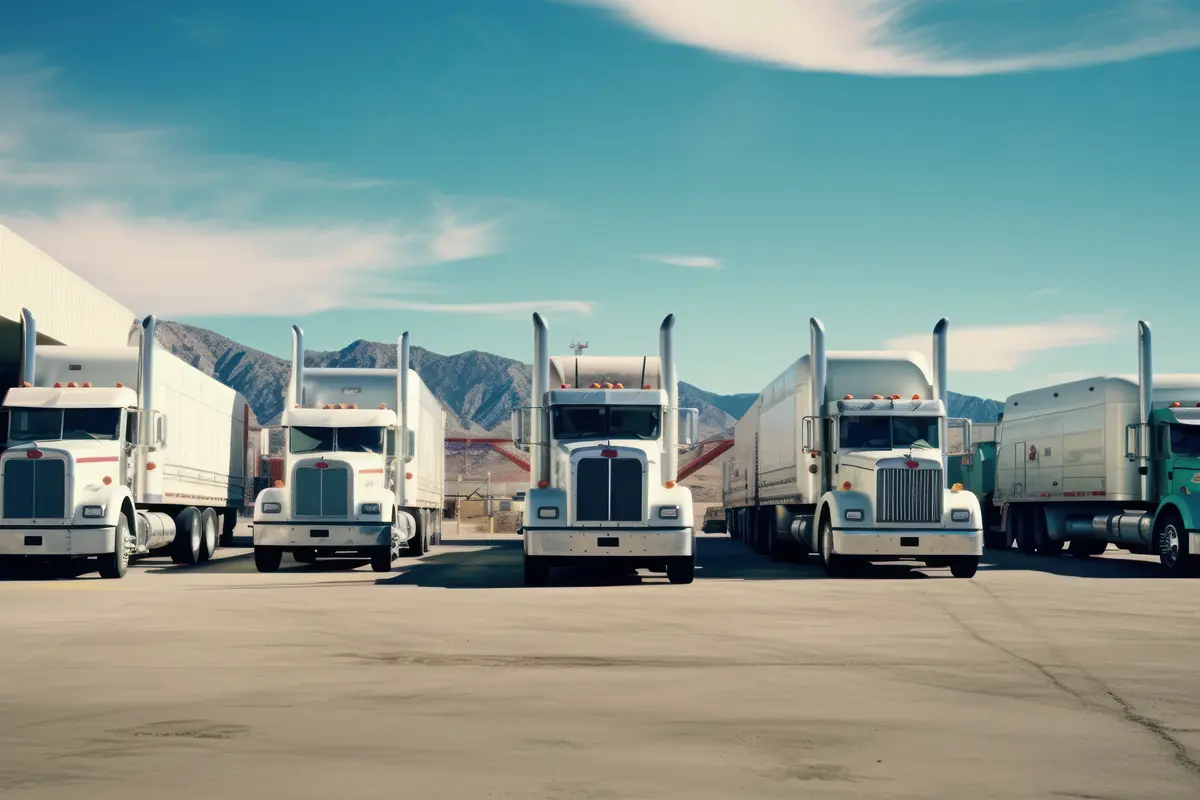Truck vs SUV: Deciding on Your Ideal Vehicle. Trucks and SUVs represent two popular vehicle types, yet they possess distinct differences that warrant exploration. Although they may appear similar initially, their designs and functionalities diverge significantly.
Understanding these disparities is crucial for consumers seeking to make an informed decision between the two. By discerning the unique characteristics of trucks and SUVs, individuals can select the option that aligns best with their requirements and preferences.
In this article, we will delve into various key categories to compare and contrast trucks and SUVs, shedding light on their differences and aiding prospective buyers in making a well-informed choice.

Understanding the Distinctions
Truck vs SUV: Deciding on Your Ideal Vehicle. Understanding the disparities between trucks and SUVs is essential, especially if you require capabilities such as hauling large items, towing trailers, off-road exploration, or comfortable passenger transport.
Trucks boast greater power and towing capacity, making them ideal for heavy-duty tasks, whereas SUVs prioritize passenger space and fuel efficiency. By discerning your priorities, you can make a well-informed decision that aligns with your needs.
While SUVs often bridge the gap between passenger vehicles and utility vehicles, trucks are singularly focused on utility and work-related tasks. Recognizing their respective strengths will guide buyers towards selecting the perfect vehicle to complement their lifestyle.
Size and Weight Disparities
Trucks and SUVs differ notably in size and weight. Full-size trucks have longer wheelbases and more cargo space, while pickup trucks boast higher ground clearance. On average, full-size pickups weigh between 5,000 to 6,500 pounds, whereas 3-row SUVs range from 4,500 to 5,500 pounds. Mid-size and compact trucks and SUVs are smaller. Despite their enhanced towing capacity, pickup trucks sacrifice fuel efficiency compared to SUVs.
Fuel Efficiency Dynamics
Trucks generally have lower fuel efficiency due to their utility focus, achieving around 15-19 mpg combined, while large SUVs reach 20-25 mpg. Mid-size trucks like the Toyota Tacoma or Ford Ranger offer slightly better fuel economy, about 1-3 MPG higher than full-size trucks. Compact trucks and crossover SUVs are closest in fuel economy, ranging from 20-26 mpg.
The hauling weight significantly impacts a pickup truck’s EPA fuel ratings, with each additional passenger or hundred pounds towed affecting efficiency. In contrast, an SUV’s combined MPG rating remains consistent, regardless of its load. These efficiency differences can significantly affect fuel costs and environmental impact over time. SUVs, prized for their practicality and driving dynamics, often appeal more to commuters, while trucks excel in work-related tasks.

Towing Supremacy
Full-size pickup trucks lead the pack in towing capacity, with max tow ratings typically between 10,000 and 13,000 pounds, surpassing heavy-duty SUVs, which top out around 8,000 pounds for 3-row models. Mid-size trucks offer towing capacities ranging from 6,000 to 9,000 pounds, far exceeding those of small and compact SUVs, which are typically below 5,000 pounds.
The robust frame-on-chassis construction and larger truck engines provide a solid foundation for heavy hauling compared to body-on-frame SUVs. Features like integrated trailer brake controllers, tow/haul drive modes, and lower initial gearing help manage heavy loads safely.
Those who frequently tow trailers for recreational activities or transportation purposes will appreciate a truck’s superior towing capabilities over SUVs. Whether hauling watercraft, campers, or horse trailers, trucks offer unmatched towing performance.
Off-Road Capabilities
Trucks excel when the road ends, transitioning from thriving to surviving with ease. Their rugged body-on-frame construction, heavy-duty drivetrains, and suspension components allow them to confidently tackle rougher terrain than most SUVs. Additionally, the pickup bed provides functional hauling space for off-road equipment.
With ground clearances typically ranging from 10 to 12 inches, trucks can navigate rough backcountry terrain more effectively than most crossovers. While capable all-wheel-drive SUVs can handle occasional forest paths or dirt roads, few can match a truck’s breakover and departure angles for serious off-roading.
Trucks often come equipped with locking differentials, further enhancing their off-road capabilities. Their lower and broader profiles offer excellent stability on slippery grades and washes, making them ideal for activities like rock crawling and dune bashing.
Passenger Comfort
SUVs typically offer superior comfort for daily use, prioritizing passenger amenities and delivering a smoother ride quality compared to the rougher suspensions found in trucks. Their car-like unibody construction and tuned springs effectively insulate passengers from road imperfections. Luxury SUVs often come equipped with standard features like lumbar support, heated seats, and advanced infotainment systems. Additionally, they provide ample cargo space behind the rear seats.
In contrast, trucks prioritize ruggedness over refinement, featuring stiffer shocks and leaf springs. Their front bench or basic bucket seats lack the supportive contours found in premium SUVs. Harsher engine sounds may also permeate the cab, although modern trucks increasingly offer improved interiors, especially in crew cab models, which provide generous room for families. Ultimately, SUVs prioritize passenger and cargo comfort, while trucks are primarily designed for work purposes.













